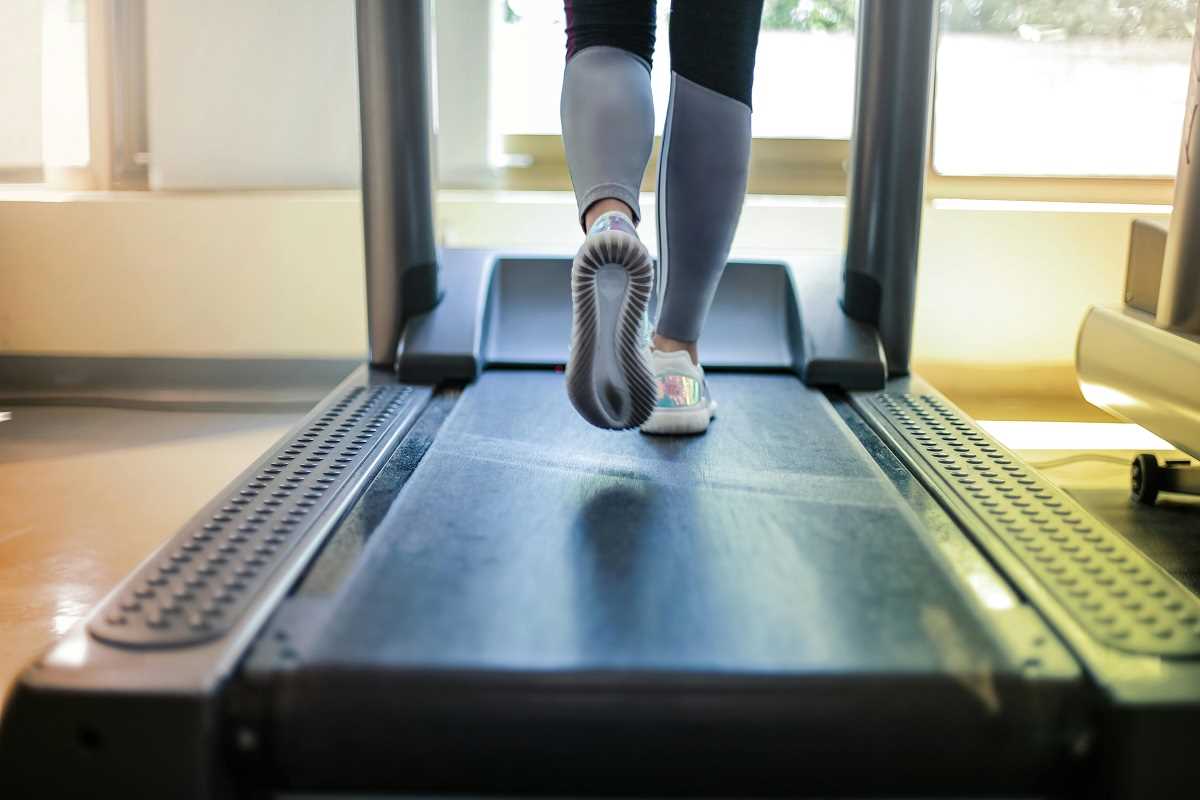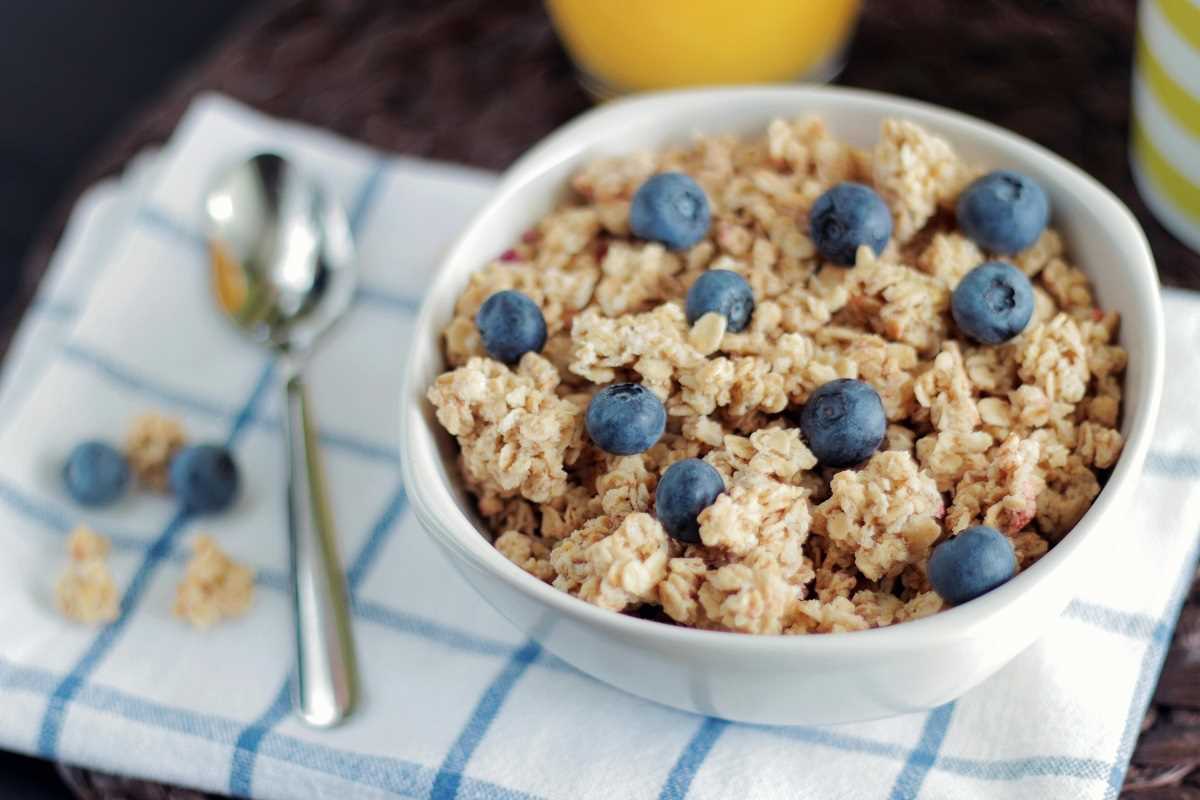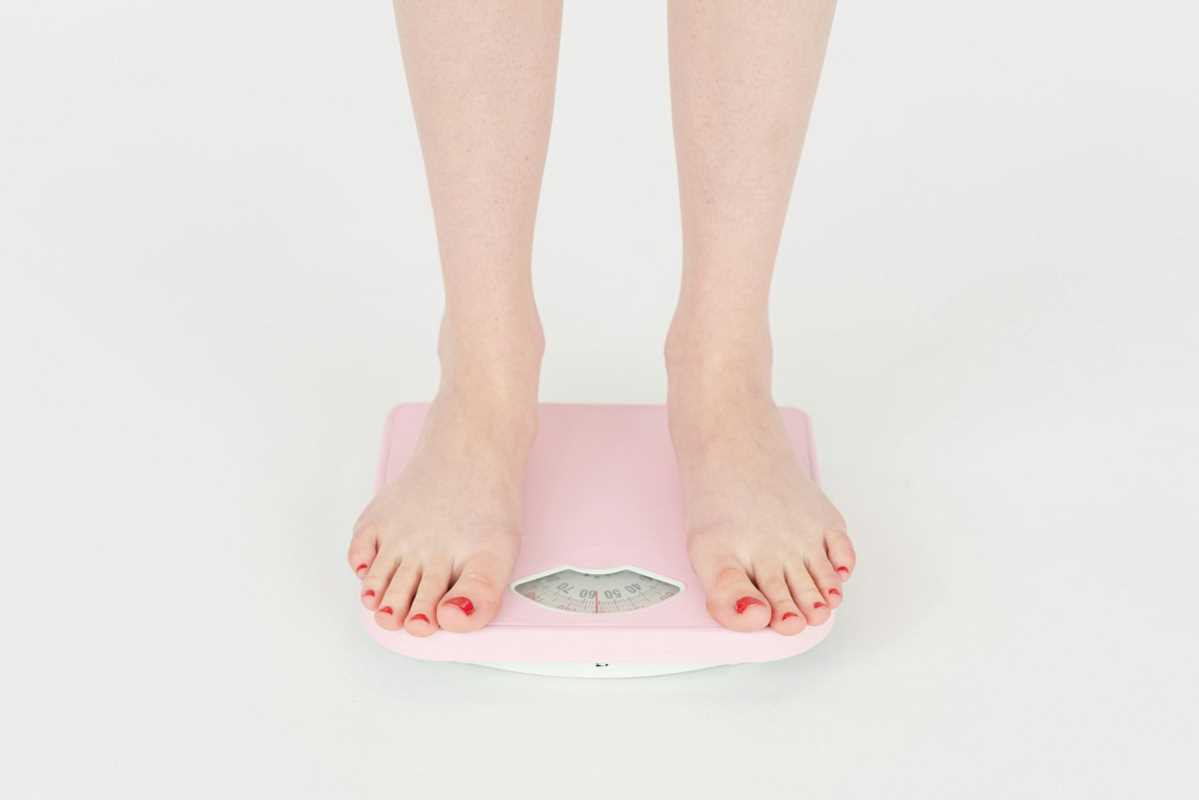Fitness trackers have made a name for themselves as powerful tools that help individuals stay active and aware of their health. They're no longer just for seasoned athletes or hardcore gym-goers. Instead, these wearable devices have become popular among beginners looking to kick-start their fitness journeys. But can they actually help you achieve weight loss goals? The answer isn’t simple, but these devices can play a significant role when used the right way.
This post explores how fitness trackers work, their benefits, common misconceptions, and strategies for beginners to get the most out of them. We’ll also guide you on how to choose the right tracker for your needs.
What Are Fitness Trackers?
Fitness trackers are wearable devices that monitor your day-to-day activity, providing valuable insight into various aspects of your health and fitness. Common features include:
- Step counting to track how much you’re walking every day.
- Calorie burn estimation to give you a sense of energy expenditure.
- Heart rate tracking to measure your intensity levels during exercises.
- Sleep monitoring to assess your quality of rest.
- Activity reminders that prompt you to move when you're idle for too long.
Advanced models often include features like stress management tools, integrated GPS, and even workout recommendations. These functions give users a clearer overall picture of their habits, making it easier to adopt healthier routines.
The Benefits of Fitness Trackers for Beginners
For anyone just getting started, fitness trackers offer several benefits that can make a seemingly overwhelming weight loss process feel manageable and motivating.
1. Awareness of Activity Levels
Many beginners underestimate how inactive their day-to-day lives might be. Sitting at a desk all day or opting for cars instead of walking limits the number of calories burned. A fitness tracker quantifies this inactivity with metrics like step counts or hours spent sitting, offering an eye-opening perspective. For example, you might discover you’re only taking 3,000 steps a day when 8,000 to 10,000 would be optimal for general activity and weight loss.
Through this awareness, you’re more likely to make small yet impactful changes, such as taking the stairs instead of the elevator or walking during lunch breaks.
2. Motivation and Accountability
Fitness trackers offer built-in motivation. Most models allow you to set daily goals, like reaching a step count or spending a set number of minutes exercising. When you meet those goals, they often reward you with badges, streaks, or friendly reminders of progress.
For example, some Fitbit models include time-sensitive challenges that pit you against yourself or friends. Competing to see who can log the most steps over a weekend fosters fun accountability while keeping you engaged.
Additionally, many trackers connect to apps where you can monitor your progress over weeks and months. Seeing how far you’ve come can make you want to stick with healthier habits.
3. Calorie Tracking for Weight Loss
Weight loss fundamentals revolve around one key principle: achieving a calorie deficit. This happens when the energy you burn throughout the day exceeds what you consume through food and drinks. Fitness trackers estimate the number of calories you burn based on activity levels, heart rate, and other factors.
While these readings may not always be precise, they provide a benchmark for monitoring trends. For beginners, pairing this data with a food diary can help build a clearer picture of daily energy balance.
4. Improved Sleep Awareness
Sleep plays a pivotal role in weight loss, as inadequate rest disrupts hormones that regulate appetite and fat storage. Many trackers monitor sleep patterns by analyzing movement and heart rate, offering insights into how long and well you’re resting.
For instance, you might notice that you’re consistently sleeping only five hours a night. Armed with this knowledge, you can set goals to improve sleep hygiene, like avoiding screens before bed or sticking to a consistent schedule.
5. Encouraging Small, Sustainable Changes
The beauty of fitness trackers lies in their ability to help you create small, attainable goals that don’t feel overwhelming. Instead of being told to completely overhaul your lifestyle, you might start by targeting 7,000 steps per day, drinking more water, or doing five minutes of stretching.
These incremental adjustments, though small, can snowball into habit-forming behaviors. Over time, they lay the foundation for larger, more permanent lifestyle changes essential for sustainable weight loss.
Common Misconceptions About Fitness Trackers
Despite their benefits, fitness trackers are often misunderstood. Here are a few myths that need debunking:
Myth #1: Fitness Trackers Guarantee Weight Loss
Many people assume that simply buying a fitness tracker will lead to weight loss. However, these devices are tools—not magic solutions. While they provide data and motivation, losing weight requires action. You’ll still need to make conscious decisions about diet, exercise, and lifestyle changes.
Myth #2: Calorie Burn Calculations Are Perfectly Accurate
It’s easy to take your fitness tracker’s calorie count as gospel, but these figures are estimates. Factors like individual metabolism, age, and how the device measures heart rate can vary the results. Use the calorie burn as a helpful guideline rather than an exact number.
Myth #3: All Fitness Trackers Are the Same
Not all devices are created equal. Some focus on running and cardio performance, while others target overall wellness and activity levels. Choosing the right tracker depends on your specific needs, which we’ll cover later in this article.
Myth #4: They Work Best for Athletes
Fitness trackers cater to all fitness levels. Beginners can benefit just as much as athletes by tracking progress and forming healthier habits. Many brands even design user-friendly dashboards for people just starting their fitness journeys.
How to Choose the Right Fitness Tracker for You
With so many options on the market, picking the perfect device may feel daunting. Here’s a quick guide to help narrow your choices:
1. Define Your Goals
Are you most interested in weight loss? If so, opt for a device that tracks calories, steps, and activity levels. Looking to focus on cardio fitness? A tracker with heart rate monitoring and GPS might be ideal.
2. Choose a Comfortable Design
Since you’ll likely wear the device most of the day (and night), comfort matters. Whether it’s a sleek band or a smartwatch, pick one that feels natural on your wrist.
3. Consider Battery Life
If you’re someone who forgets to charge your devices, a long-lasting battery is a must. Some trackers, like certain Garmin devices, can go weeks without charging, while others may require daily top-ups.
4. Research Compatibility and Apps
Make sure the tracker syncs well with your smartphone or computer. User-friendly apps like those from Fitbit or Apple provide dashboards where you can easily track progress over time, set goals, and access guided workouts.
5. Start with an Affordable Option
If you’re unsure whether a fitness tracker will work for you, start with an affordable option. Brands like Xiaomi and Amazfit offer budget-friendly devices that can still cover the basics.
Tips for Getting the Most Out of Your Fitness Tracker
Here are a few strategies for maximizing your fitness tracker’s potential:
Set Incremental Goals
- Start small. For example, if you’ve been inactive, aim for 5,000 steps per day and increase gradually.
Combine It with Other Tools
- Pair your tracker with apps for meal planning or mindfulness, turning it into a complete wellness system.
Check Your Data Regularly
- Review your weekly trends. Did your activity drop? Are you sleeping less? Identifying patterns helps you adjust your habits.
Find Community Support
- Many tracker apps have built-in social features. Join challenges or groups, or simply share your progress with friends for added accountability.
Should You Invest in a Fitness Tracker?
A fitness tracker can be a valuable companion for beginners seeking to lose weight. Though not essential, it adds structure and keeps you motivated with data-driven insights. For those who thrive on measurable progress and goal-setting, a tracker may be the push you need to stick with new, healthier habits.
 (Image via
(Image via





